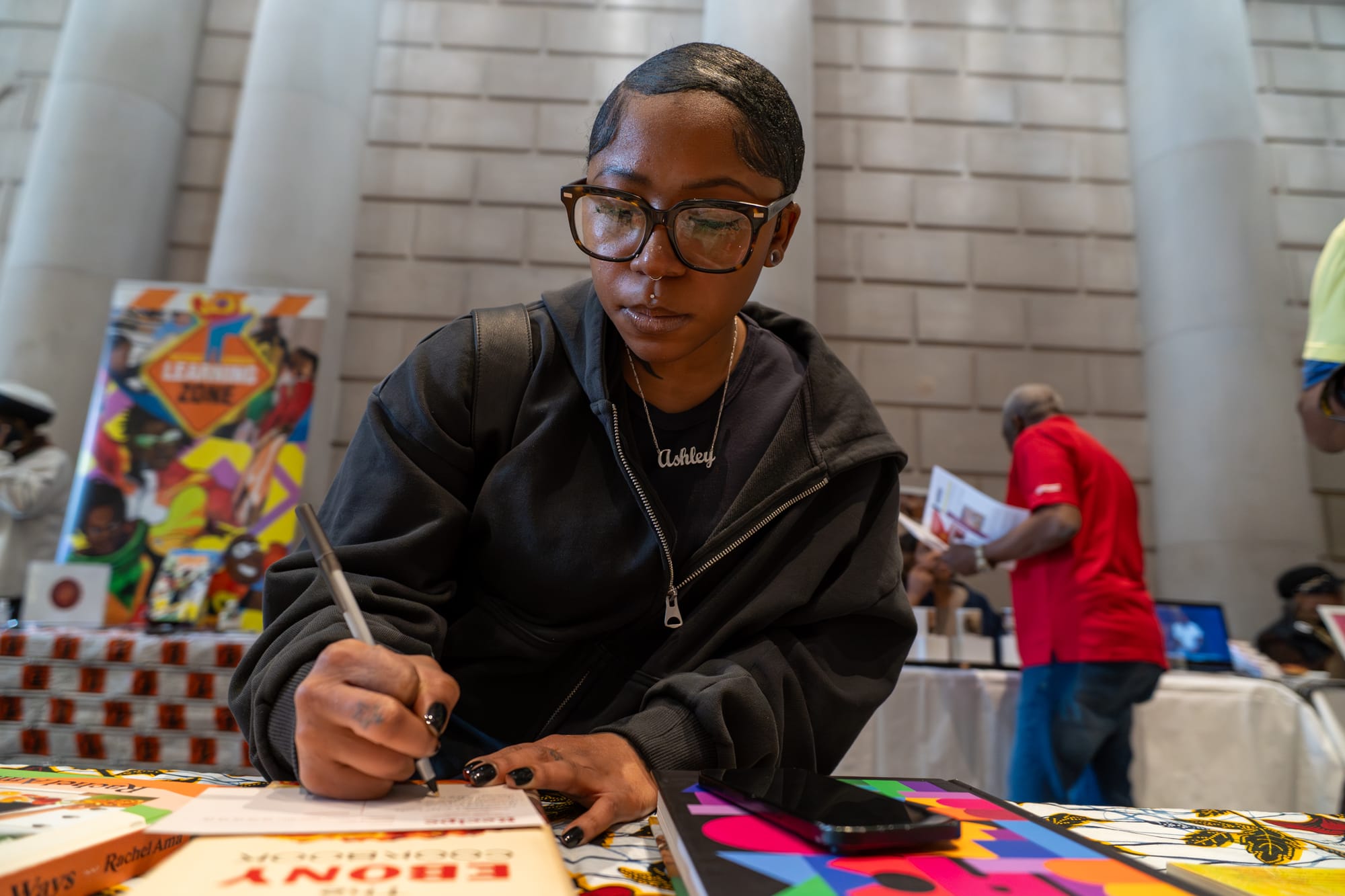SEPTA Is Collapsing. The Question Is Whether Pennsylvania Will Let It
Something consequential is happening in Philadelphia. SEPTA, the region’s public transit system, is facing a financial crisis so severe that it’s planning to eliminate nearly half of its service
Something consequential is happening in Philadelphia. SEPTA, the region’s public transit system, is facing a financial crisis so severe that it’s planning to eliminate nearly half of its service.
Fifty bus routes could disappear. Five Regional Rail lines, including Trenton, Wilmington, and parts of the Main Line, could be cut entirely. Fares are set to rise by over 20 percent. And starting in 2026, all trains would stop running by 9 p.m.
This is not a drill. This is what the collapse of a public institution looks like. And yet, somehow, the state legislature still hasn’t acted. SEPTA’s $213 million budget shortfall is partly a pandemic hangover. Ridership still hasn’t recovered.
Office workers aren’t commuting the way they used to, especially on Regional Rail, and fare revenue has never bounced back. Federal COVID aid helped plug the gap, but that funding is now gone. The system is careening toward a cliff, and without immediate help, it will begin slashing service in August.
Governor Josh Shapiro has proposed a $168 million funding increase to stabilize the agency. But Republican leaders in the state Senate have not embraced the plan. Their inaction makes clear just how politically isolated public transit remains, even when it supports the economic engine of the state’s largest city.
Transit cuts don’t just inconvenience people, they deepen inequality
What’s being missed in this debate is that SEPTA isn’t just a convenience. It’s the connective tissue that allows Philadelphia to function. Each day, it moves hundreds of thousands of people: nurses, students, custodians, retail workers, teachers, from where they live to where they need to be. A functioning transit system is what lets a single parent in South Philly work an overnight shift in Center City or a student in the Northeast commute to class at Temple.
Cutting this system won’t just make commutes harder. It will reduce access to jobs, undermine economic growth, and exacerbate inequality. Many of the proposed route eliminations are in neighborhoods where residents don’t own cars and don’t have other options. Entire communities will be cut off from the city’s economy.
That’s why the language often used to describe this “service reductions,” “budget tightening,” “cost efficiencies” misses the moral stakes. Transit is a public good. When we starve it, we are not saving money. We are redistributing hardship.
To be clear, SEPTA is not blameless. Like many large bureaucracies, it has struggled with modernization, communication, and at times, trust with riders. But mismanagement does not justify abandonment. If anything, it demands smarter investment, not less of it.
What happens to Philadelphia if SEPTA fails?
Here’s the paradox: the region actually needs more transit, not less. If we want to ease housing pressures, and support equitable growth, we need frequent, affordable, reliable public transportation.
Right now, SEPTA is cutting routes that run every 10 minutes while many American cities are fighting to build even one new line. It’s hard to square the climate and equity rhetoric in our politics with this slow unraveling of one of the most effective tools we have to advance both.
There is also a broader economic angle. Cities are increasingly competing for talent. Transit plays a role in how livable, desirable, and economically resilient a city feels. If SEPTA collapses into a smaller, less usable system, that’s not just a hit to the city, it’s a hit to the region. Businesses don’t thrive in disconnected places. Workers don’t stay where life is needlessly hard.
That brings us back to the Pennsylvania Senate. The legislature has the power to step in. This should not be a partisan issue. In fact, many of SEPTA’s Regional Rail riders are suburban voters in Republican districts. If the Chestnut Hill West or Cynwyd lines go away, they will notice. If Center City becomes less accessible, it will hurt the state’s economy.
The public hearings are coming in May. The deadline is approaching fast. What we decide now will shape Philadelphia for a generation. Will the city shrink inward, harder to move through, harder to live in, or will we choose to invest in the public systems that make a shared civic life possible?




